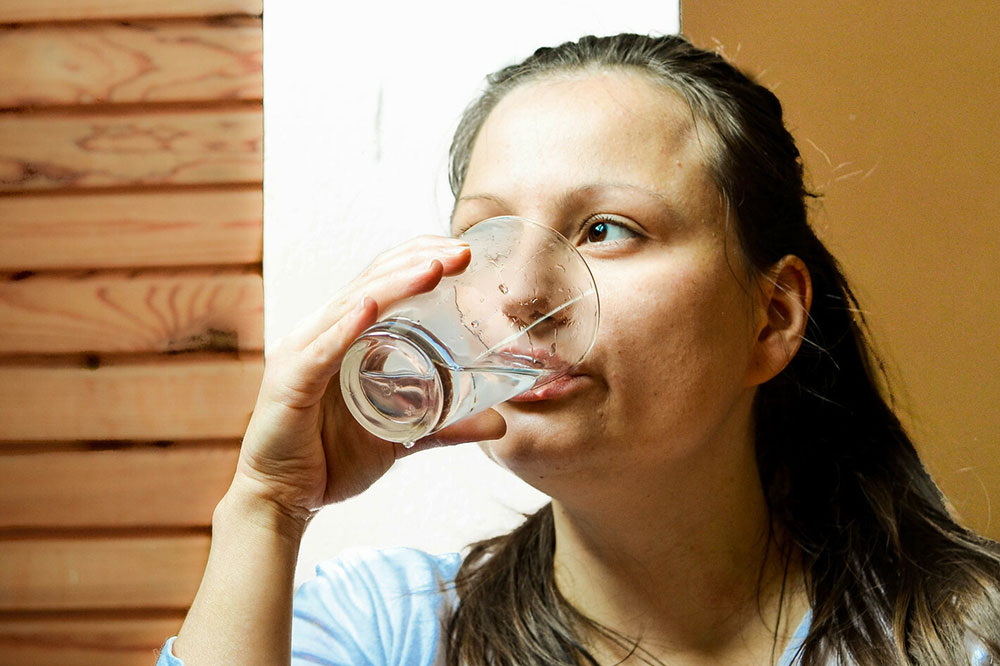Comprehensive Guide to Dehydration: Causes, Risks, and Prevention Strategies
This comprehensive guide explores the causes and risks of dehydration, emphasizing the importance of proper hydration across all age groups. It offers practical prevention tips and highlights vulnerable populations such as children, the elderly, pregnant women, and those with chronic illnesses. Understanding these aspects can help prevent serious health complications associated with dehydration, making it a crucial health awareness resource.

Comprehensive Guide to Dehydration: Causes, Risks, and Prevention Strategies
Dehydration is a prevalent health issue that occurs when the body loses more fluids than it consumes, disrupting the balance of essential electrolytes and fluids required for normal bodily functions. This imbalance can arise from various factors such as inadequate water intake, excessive sweating, illness, or medical conditions that impair fluid retention. Recognizing the causes and understanding the associated risks are vital steps toward effective prevention and management.
Dehydration affects individuals across all age groups, but certain populations are more vulnerable due to specific physiological or situational factors. Infants and young children are particularly susceptible because their bodies are smaller and they are less able to communicate their thirst or recognize early signs of dehydration. They are particularly at risk during gastrointestinal illnesses like diarrhea or vomiting, which rapidly deplete their body fluids. Furthermore, their developing bodies require consistent hydration to prevent complications such as poor growth or developmental delays.
Older adults also face increased risk factors. As we age, the body's ability to conserve water diminishes, and the sensation of thirst often weakens, making dehydration more likely if fluid intake is not consciously maintained. Age-related health issues, medication side effects, and chronic illnesses such as diabetes or kidney disease can compound these effects. Additionally, reduced physical activity and limited access to fluids in some elderly populations can further exacerbate dehydration risk.
Beyond age-related factors, dehydration can also occur due to medical conditions or lifestyle habits. Certain medications, like diuretics or laxatives, promote fluid loss, increasing the risk of dehydration, especially in individuals managing chronic health issues. Hormonal imbalances, stress, and gastrointestinal disorders can impair the body's ability to retain fluids or signal the need for hydration.
Pregnant women and women experiencing menstruation should be particularly attentive to their hydration levels. Blood loss during periods and hormonal fluctuations can deplete significant amounts of body fluids, impacting overall health and fetal development during pregnancy. Proper hydration during these times helps support optimal bodily functions and can prevent complications like dehydration-associated fatigue or dizziness.
Maintaining adequate hydration isn’t solely about drinking water. It involves a balanced approach that considers individual needs based on activity level, climate, health status, and age. Drinking fluids regularly, consuming water-rich foods like fruits and vegetables, and monitoring signs of dehydration are all essential strategies for prevention.
Dehydration may not always present immediate symptoms, but warning signs such as dry mouth, darker urine, fatigue, dizziness, and confusion can quickly escalate if not addressed. Severe dehydration can lead to serious health complications such as heatstroke, kidney failure, or even coma, making prevention and prompt treatment critical.
Preventing dehydration involves proactive measures such as staying well-hydrated during hot weather, exercising, or illness, and being mindful of individual health conditions. It’s also important to educate vulnerable populations about the importance of hydration and recognizing early warning signs to seek medical attention when needed. Healthcare providers often recommend drinking at least 8-10 glasses of water daily, adjusting for individual circumstances.
In summary, dehydration is a common but manageable condition. By understanding its causes, recognizing the risk factors, and adopting effective prevention strategies, individuals can maintain optimal hydration levels, supporting overall health and well-being. Regular hydration is an easy yet powerful way to prevent dehydration-related complications and promote a healthier life.





